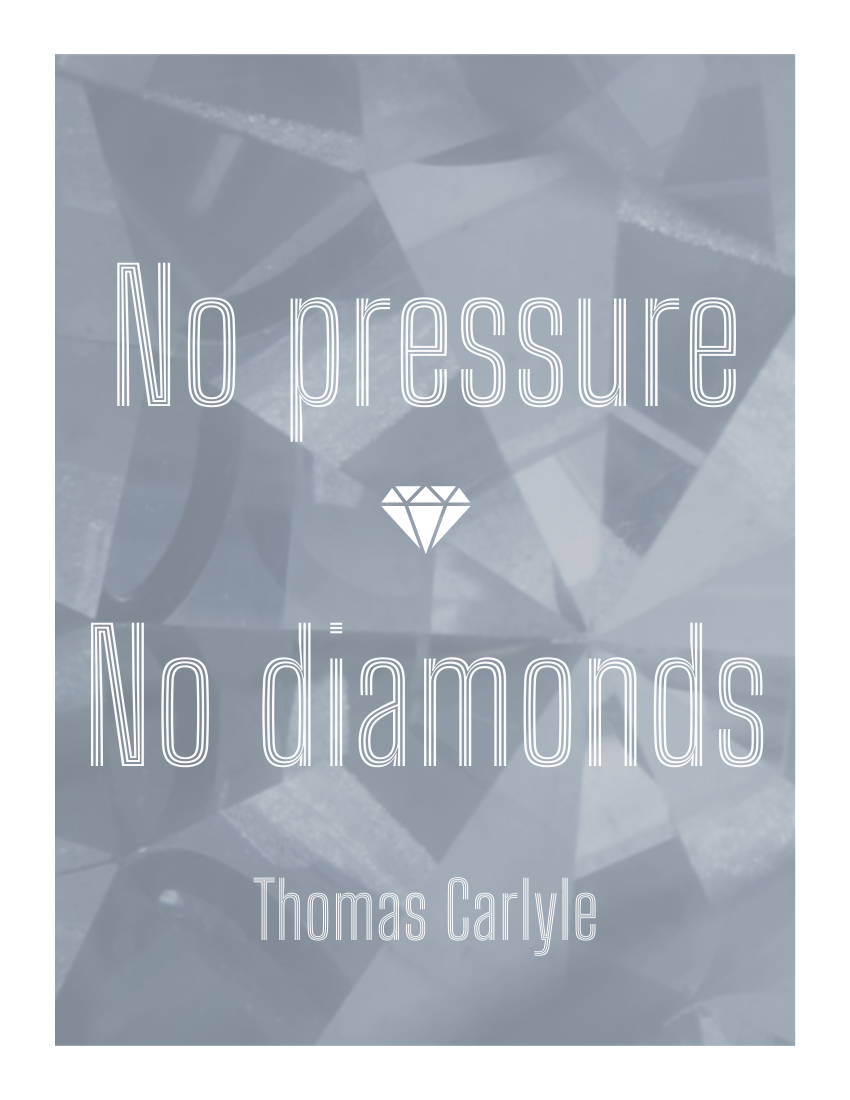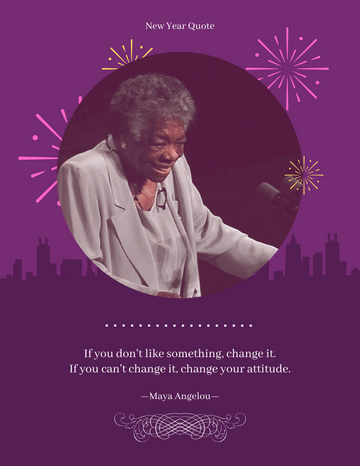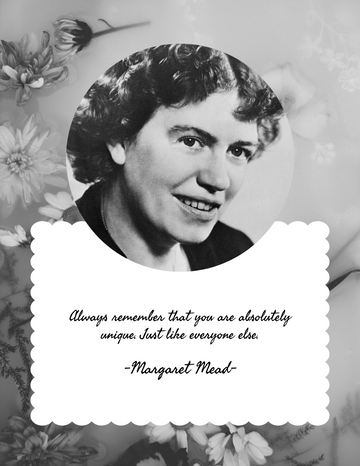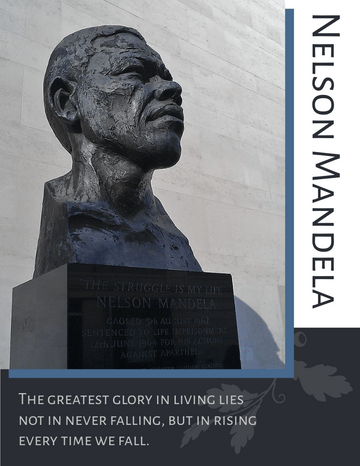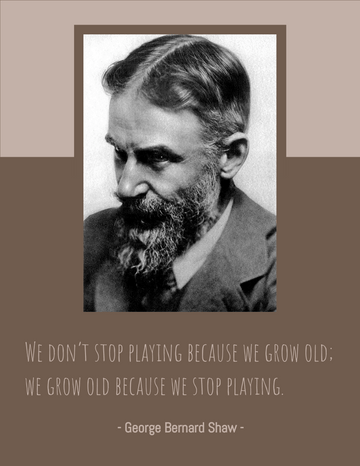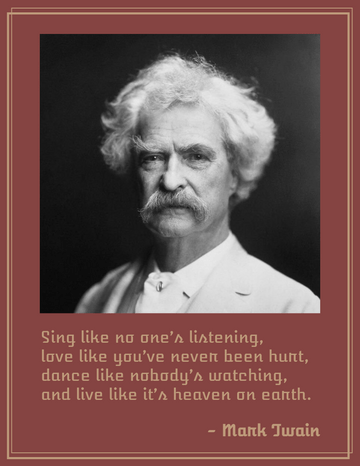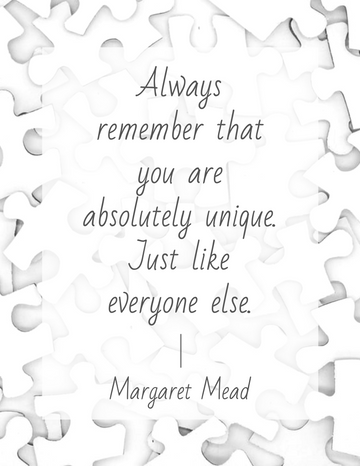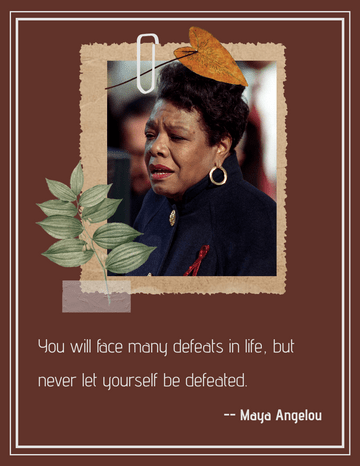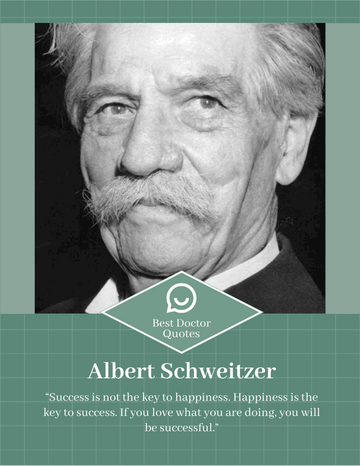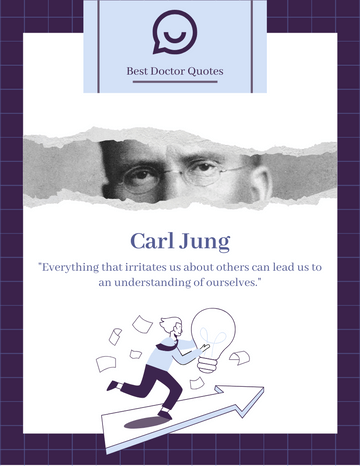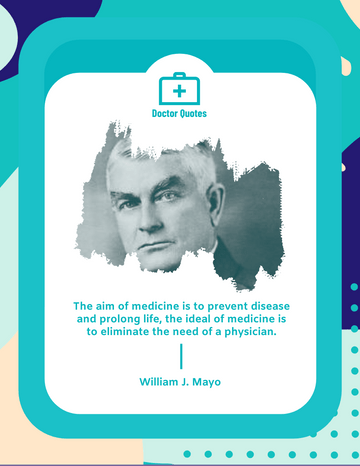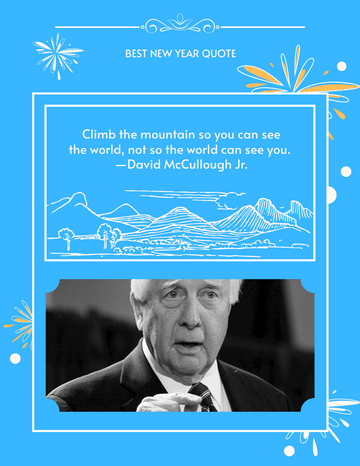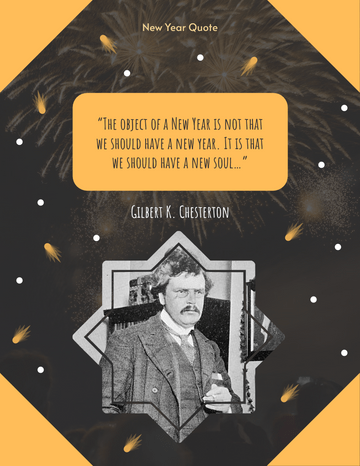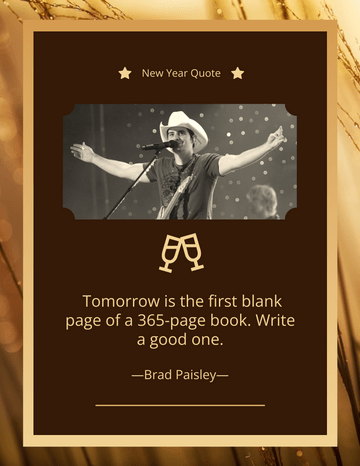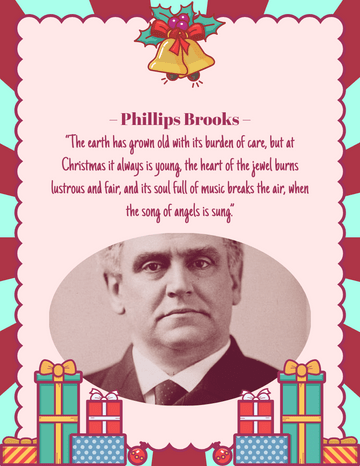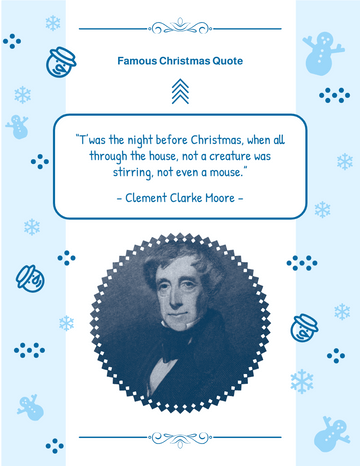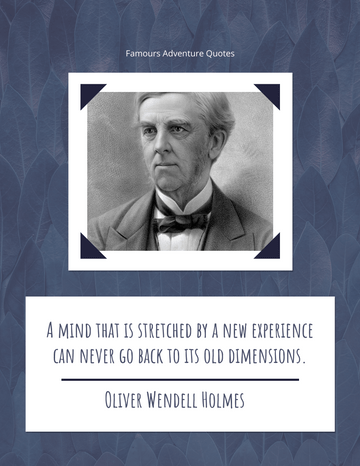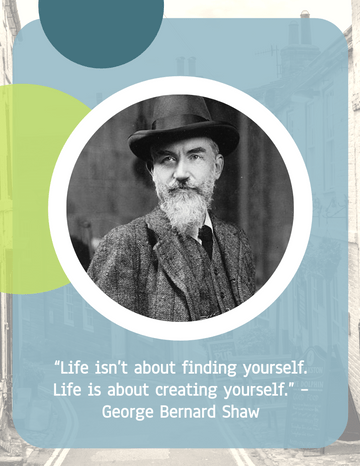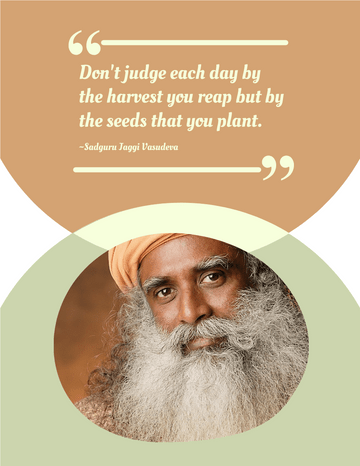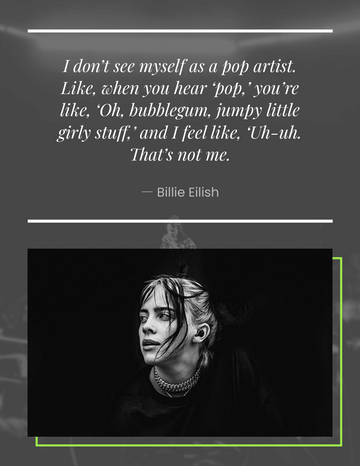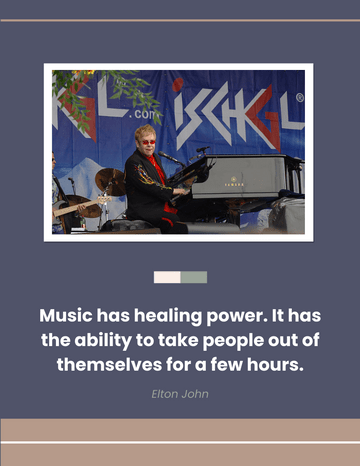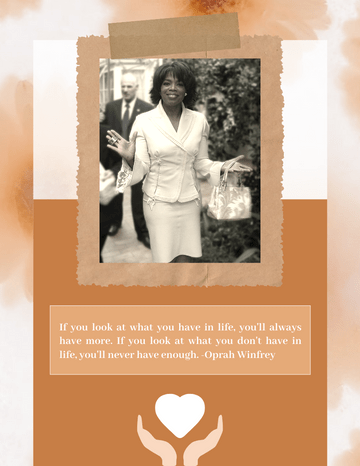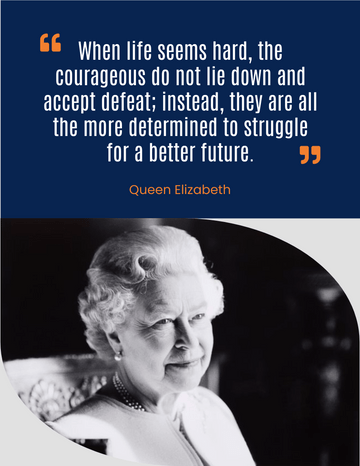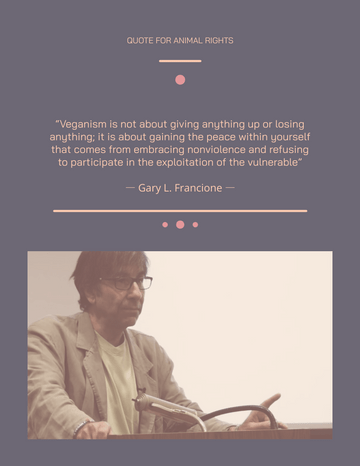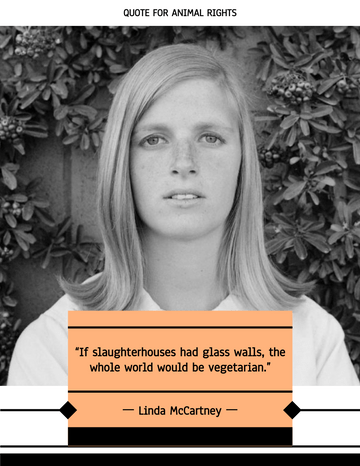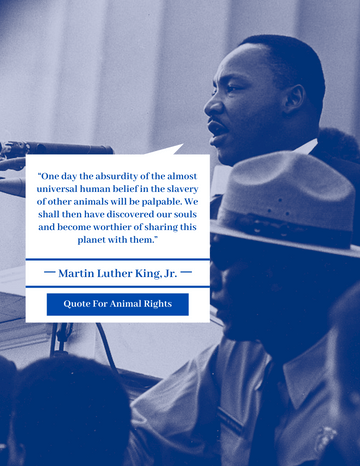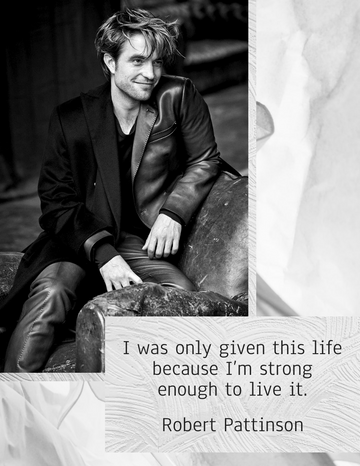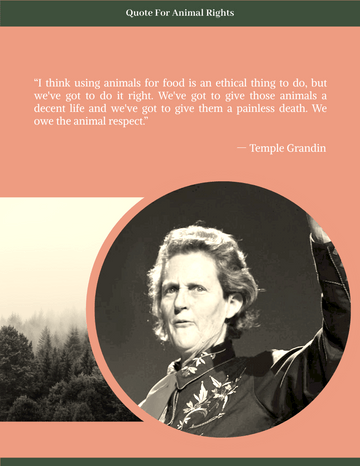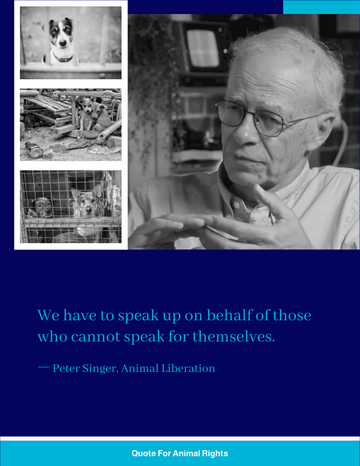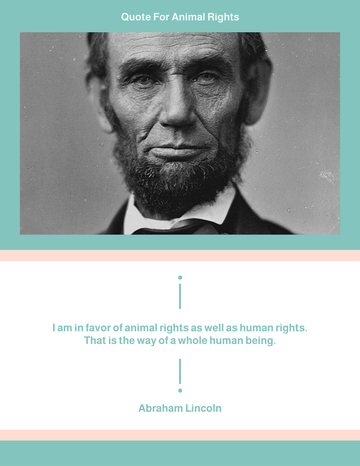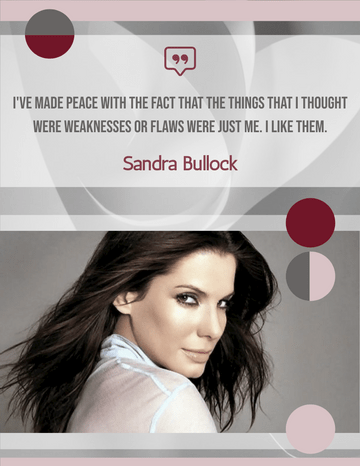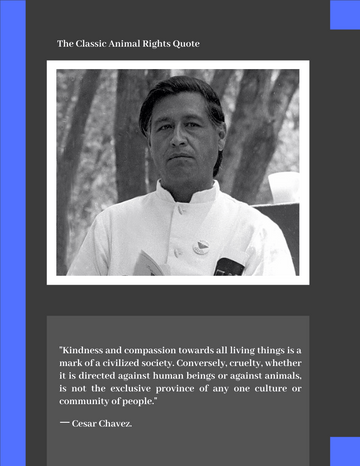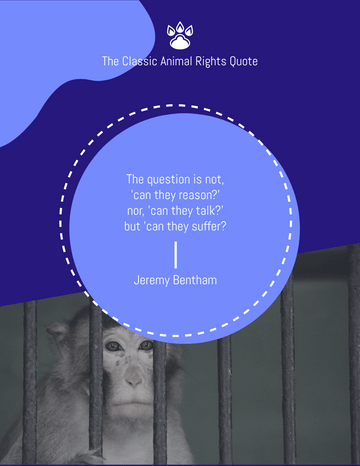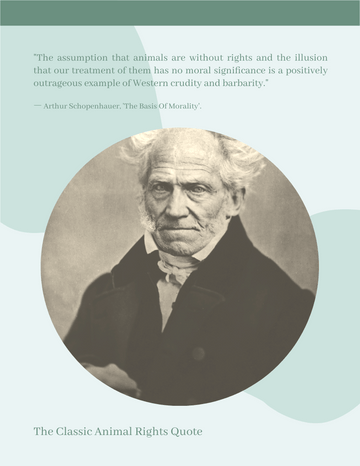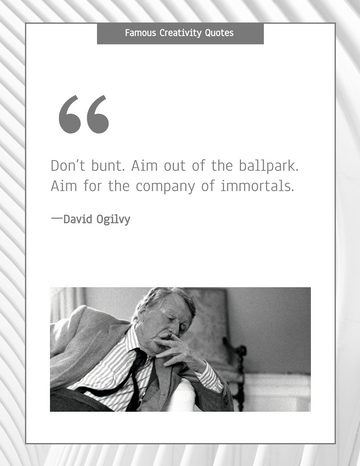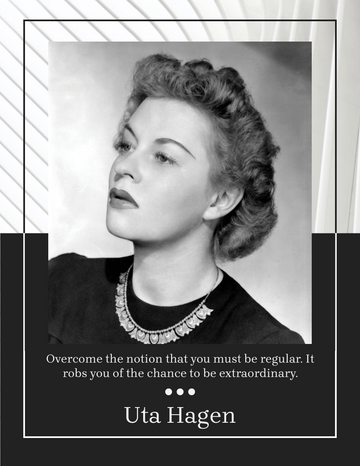No pressure, no diamonds. - Thomas Carlyle
No pressure, no diamonds. Thomas Carlyle
Thomas Carlyle
Thomas Carlyle (4 December 1795 – 5 February 1881) was a Scottish essayist, historian, and philosopher. The son of a stonemason, he became "the undoubted head of English letters" in the 19th century.
Born of peasant parents in Ecclefechan, Dumfriesshire, Carlyle attended the University of Edinburgh where he excelled in mathematics, inventing the Carlyle circle. After finishing the arts course, he prepared to become a minister in the Burgher Church while working as a schoolmaster. He quit these and several other endeavours before settling on literature, writing for the Edinburgh Encyclopædia and working as a translator. He found initial success as a disseminator of German literature, then little-known to English readers, through his translations, his Life of Friedrich Schiller (1825), and his review essays for various journals.
No pressure, no diamonds.
In controlled doses, stress can motivate and motivate us to perform and achieve at a higher level.
Diamonds form when carbon is placed under a tremendous pressure equivalent to 725,000 pounds per square inch. It's unbelievable! How can something so amazingly beautiful and precious emerge from a process that seems so destructive on the surface. When you think about it, it's a great example of how we as human beings can turn our daily stress into something positive.
Most of us experience stress in our daily lives. If someone says they are not stressed at all, they are probably being disingenuous. Let’s be honest, most of us are dealing with stress related to family, work, finances, health, career expectations, and more. For some, the list here might be long.
There are two kinds of pressure - internal pressure and external pressure. Which one do you think is worse? Internal pressure often comes from pushing ourselves too hard, or worrying about our ability to meet the expectations of others and what we expect from ourselves. For example, we might push ourselves to be the best at work. This self-imposed pressure may be completely unnecessary because it is self-generated.
Some external pressures may have little to do with our work, but the way we respond to them can negatively affect the way we work. At times, you may feel overwhelmed by the expectations others have of you, or be disappointed by the progress you are making on a project or task. Stress is undoubtedly a daily part of our personal and professional lives.
"Without stress, there are no diamonds", which shows that, in controlled doses, stress can inspire and motivate us to perform and achieve at a higher level. The downside, however, is that too much of it can tip the balance in another way. The trick to making stress work for us instead of against us is to find the "sweet spot" between too little and too much stress. Time to make an important note here: Be careful not to confuse stress with stress, as they are quite different. Stress can be a very useful force. Experiencing it, but feeling calm and in control, can inspire individuals to achieve great things. Stress only happens when it keeps building and that feeling of calm and order is replaced by a feeling of being out of control. This has a completely different negative impact on us. So, we have to thrive under pressure.
Click here to read the flipbook.
